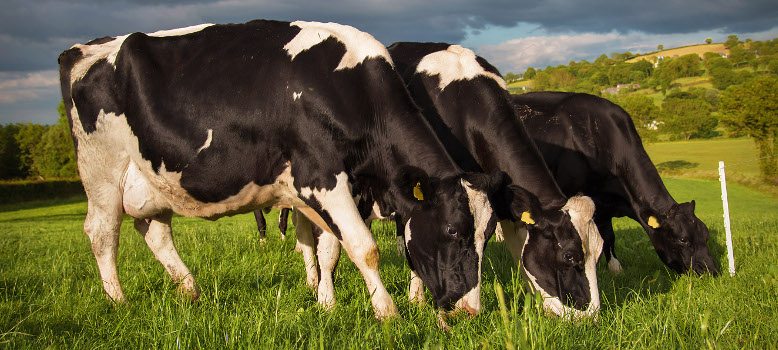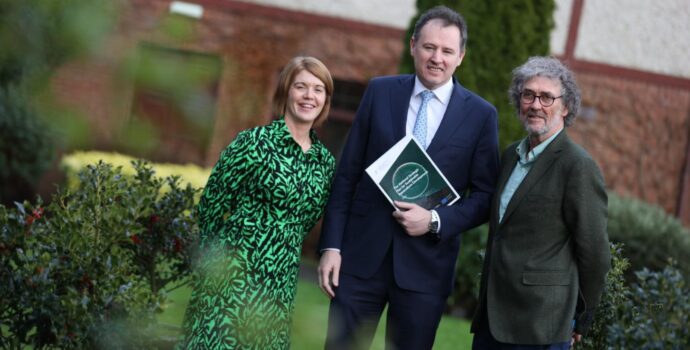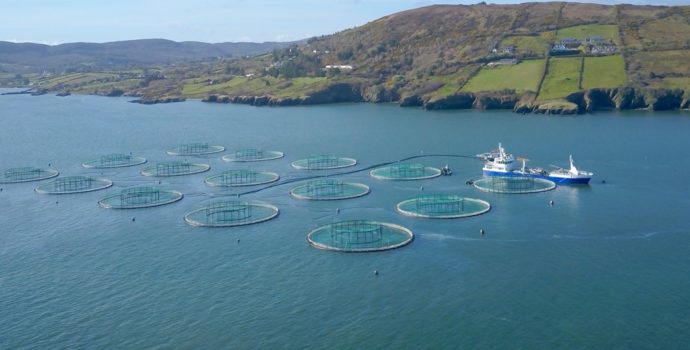Dairy Farmers Need Higher Milk Prices to Fund Fodder Purchases and Sustain Milk Supplies

Speaking after this week’s IFA National Dairy Committee meeting, Chairman Tom Phelan said representatives from all around the country were vocal and frustrated: dairy farmers’ backs are to the wall, and only higher milk prices – starting with 1c/l for August milk – will help with the massive expenditure increase on fodder and feed necessary to keep the milk flowing.
“Teagasc last week revealed that dairy farmers would spend an average of 75% more on feed in 2018 – this is cash many simply do not have. Our Committee reps testified to the financial and mental pressures suffered by farm families trying to keep cows fed while dealing with the family and back to school/college demands on their cash flow,” Mr Phelan said.
“European markets have been firming in recent weeks with most European indicators for early September (EU Milk Market Observatory, spot quotes and futures) suggesting milk price equivalents around 33-34c/l net of VAT – that’s at least 2c/l more than most co-ops are paying,” he added.
“When European milk purchasers have been increasing July, August and in some cases already also September prices, and when Arla are planning to pass back the totality of their estimated €300m 2018 profits back to farmers, Irish farmers cannot be left behind by their co-ops,” he said.
“So, the National Dairy Committee voiced the following demands to co-op boards, which will be meeting in coming days to decide on milk prices:
1 – Roll all top ups/bonuses back into the base milk price
2 – Return back to farmers the true value of improved dairy prices – we believe that is at least 1c/l on August milk
3 – Commit to continuing to return any further improvements in coming months to help farmers pay the fodder without which co-ops will not get the milk volumes they have budgeted on
4 – Over the coming months, eliminate the unsustainable gaps which co-ops have allowed to develop between their milk prices”.
“The Committee recognises the efforts made by co-ops to support farmers through the near 12-month fodder crisis. However, the financial and mental pressures on many farmers demand higher milk prices to help them buy the fodder and feed they will need to sustain autumn supplies. Markets justify higher prices, and co-ops must deliver them without delay,” he concluded.



